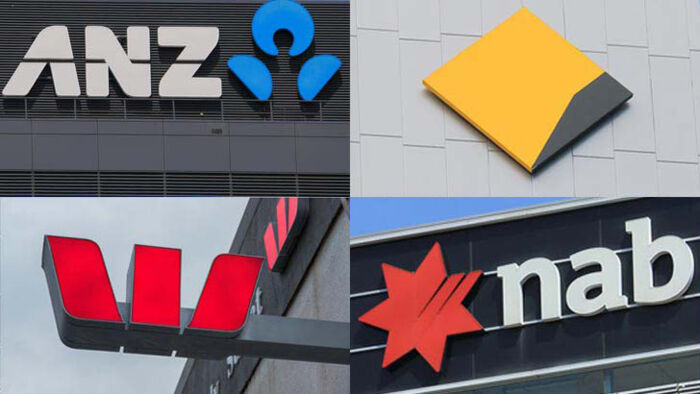Should you buy, hold or sell shares in the big four banks?
By Dale Gillham
It's well known that you can't buy yesterday's returns, yet this is what a lot of investors do when making a decision about where to invest.
But what many fail to consider is that the investments that achieve the best return in the previous year usually don't perform the following year. And when you take into account the effect of inflation on the overall return in recent years, it means investors have been losing out.
The situation has been made worse given that CPI has also been high. This has made it hard for investors to make the right decision because investments need to achieve higher returns than CPI and fees otherwise, their capital is eroding.
According to the RBA, CPI has fallen since January of this year for six of the last seven months to the end of July to be sitting at 4.9%, which is still above their target range of 2 to 3%. So where is the best place to invest?
In my opinion, you can't go past the big four banks and I don't mean putting your cash in a bank account or term deposit. If you trust the banks to hold your cash, then you should trust them enough to buy their shares.
All of the banks are paying a very good dividend yield that is similar to or better than CPI but the big advantage of owning the bank's shares is the opportunity to achieve capital gains.
Right now, ANZ is paying the highest yield at around 7%, Westpac is around 6%, NAB is around 5% and finally, CBA is around 4%. The banks also issue a fully franked or tax-paid dividend, which means the gross yield you receive is much higher.
Despite the big four banks' share prices not performing that well over the past year or so, I believe they are set to rise in a sustained uptrend, which makes now an opportune time to invest before they start to rise. While we can't buy yesterday's returns, we can certainly set ourselves up to receive tomorrow's returns, which is a far safer way to invest.
The best and worst-performing sectors this week
The best-performing sectors include Financials and Materials, as they are both up more than 1%, followed by Utilities and Consumer Staples, which are both just in the green. The worst-performing sectors include Real Estate, Information Technology and Healthcare, as they are all down more than 1%.
The best-performing stocks in the ASX top 100 include Evolution Mining and Fortescue Metals, which are both up more than 5%, followed by Ramsay Healthcare and Incitec Pivot, up more than 4%. The worst-performing stocks include IGO and Bluescope Steel, as they are both down more than 7%, followed by Cleanaway Waste Management, down more than 6%.
What's next for the Australian stock market
Once again, we have had another interesting week, with the All Ordinaries Index closing higher on three of the four trading days and is currently just in positive territory. While the market briefly moved lower on Wednesday compared to last week, it quickly turned to trade up on Thursday.
It is possible that we may continue to see this type of volatility in the market into at least early next week if the All Ordinaries can hold above its current levels. If it rises into next week, we may see a sustained move up over the coming month.
That said, I am not confident this will occur and without wanting to sound pessimistic, we need to be prepared for a fall in October down to around the 7000-point support level I have mentioned several times in the past.
Looking at the top 20 stocks, which will lead any charge up out of this current volatility, things are looking good, so we might need to be patient just a little longer. So far, this week both the Materials and Financial sectors are moving up together, which is also a great sign.
If these sectors continue to move up together, then the market as a whole will also rise.
Get stories like this in our newsletters.



